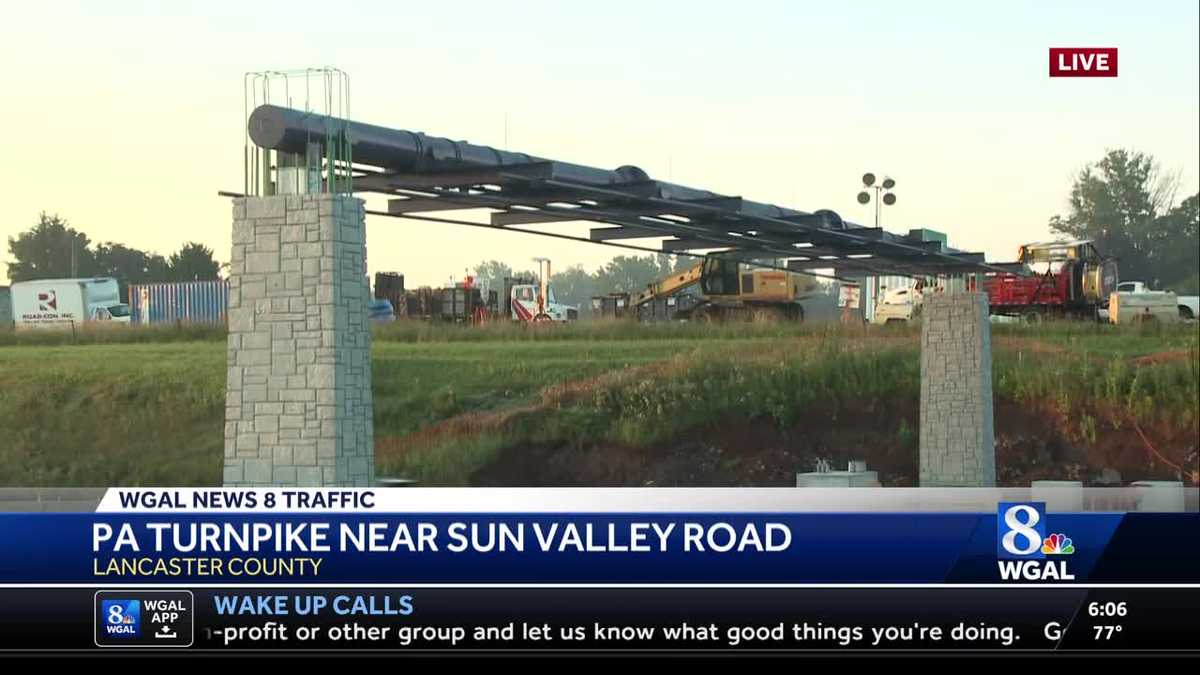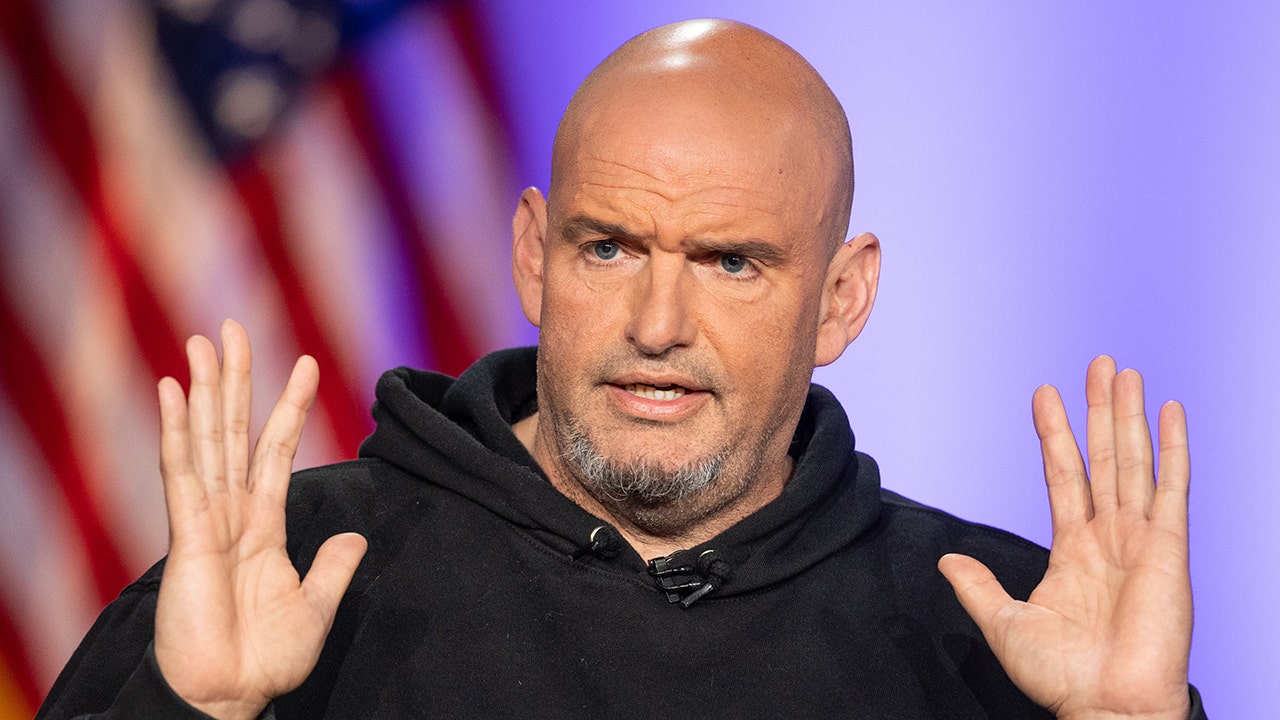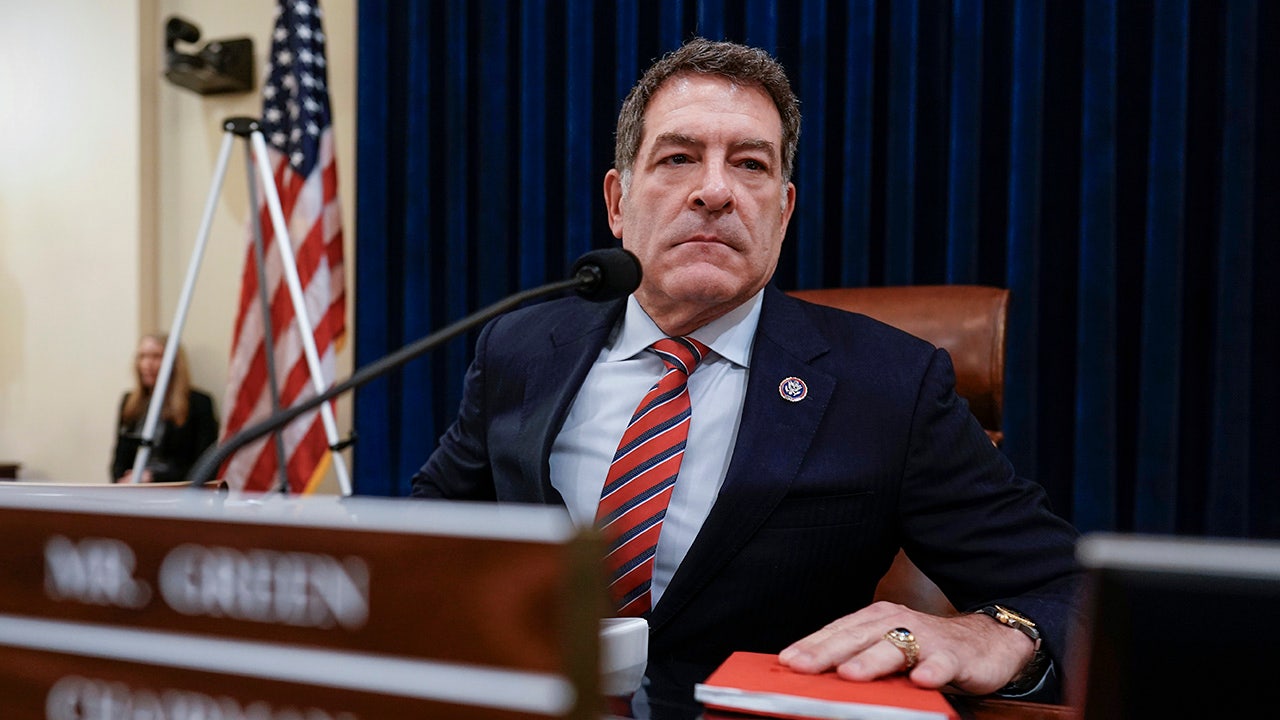Spotlight PA is an independent, nonpartisan newsroom powered by The Philadelphia Inquirer in partnership with PennLive/The Patriot-News, TribLIVE/Pittsburgh Tribune-Review and WITF Public Media. Sign up for our free newsletters.
HARRISBURG — June is budget negotiation month in Pennsylvania, when state lawmakers decide how to direct billions of tax dollars and make big policy choices on everything from energy to education to health care.
The average Pennsylvanian likely doesn’t have time to prowl the halls of the Capitol in Harrisburg to keep up with the latest developments, which is why Spotlight PA has compiled this guide.
Below, you’ll learn what Democratic Gov. Josh Shapiro has proposed, what comes next in the process and how to follow along.
What’s on the table?
In his March budget address, Shapiro proposed a $44.4 billion spending plan.
It calls for $1 billion in new education spending (including state funding directly to school districts as well as money for building repairs and mental health services), ending transfers of gas tax money to the state police, and the commonwealth’s first-ever investment into public defenders.
Legislators in both major parties have greeted it with cautious optimism as a fine starting point, even if their priorities are in opposite directions.
Democrats have said they want to spend more on education and use more of the state’s multibillion-dollar surplus on new government programs, from installing solar panels in schools to grants to develop grocery stores in low-income neighborhoods.
Republicans meanwhile have said Shapiro’s plan spends too much of the state’s cash reserves and have quibbled with some of his proposed programs, such as a tax credit for nurses, teachers and police.
What comes next?
The governor’s budget address kicked off things earlier this year. That speech is an opening offer, and every year it is followed by hearings with the state departments and agencies in which lawmakers interrogate officials about past actions and future goals.
Those hearings ended in April. The Capitol has been pretty quiet since then, with leadership in both major parties playing their cards close to their chests.
But now that Memorial Day has passed, expect things to speed up quickly as the June 30 deadline approaches.
Publicly, interest groups will hold rally after rally in the Capitol Rotunda, touting why their issue must be addressed this year.
Behind closed doors, negotiations will intensify among top lawmakers. While there are 253 members serving in the General Assembly, very few of them get to sit at the negotiating table.
Leadership — namely the speaker of the state House, president pro tempore of the state Senate, floor leaders and appropriations chairs — and their staff hash out the details, although leaders usually talk with rank-and-file members to gauge their priorities during negotiations.
You also can expect to see lawmakers in the building for regular session days as legislative leaders position bills to head swiftly to the governor’s desk.
What it takes to pass a budget
The General Assembly must pass several bills to complete the budget.
It takes at least six days for a bill to go through the committee and floor process in both chambers, allowing the legislation to be sent to the governor for consideration.
Amendments can slow down the process. For example, if the state House amends a bill after it already has passed the state Senate, the legislation must return to the upper chamber for reconsideration.
To speed up the process, leadership often will take an unrelated bill that already has passed the other chamber and insert budget language into it.
This has several benefits. One, the bill will go back to the other chamber’s rules committee, dominated by loyal and veteran lawmakers rather than rank-and-file members who may be tempted to slow things down and attempt to insert their own priorities.
And unlike the initial process for passage, bills on concurrence are subject to different rules. They can be put up for a vote within hours (or sooner if lawmakers agree to suspend the rules), rather than days.
In addition to a bill that shows how much money should be appropriated to different line items, lawmakers also must pass code bills that serve as an instruction manual for how that money should be spent.
Veteran Capitol watchers keep an eye out for these bills as legislative leaders often use them to quietly make far-reaching policy tweaks or direct money to pet programs.
In past years, lawmakers approved code bills that temporarily prevented municipalities from banning plastic bags and created state rules for college athletes’ endorsement deals.
The final budget deal usually is revealed in the days approaching June 30 and swiftly passed, before being sent to the governor.
The Legislature also may pass other bills that are seemingly unrelated to the budget but whose consideration has been negotiated as part of backroom talks. That happened last year, when Democratic Gov. Tom Wolf signed a bill that eliminated third-party election funding — a priority for Republicans — and created a $45 million state grant program for county election boards.
What’s on the table as a bargaining chip is impossible to say early on, but Capitol sources have discussed everything from a minimum wage hike to regulatory reform as building blocks to a final deal that will make everyone happy.
What if there’s no deal by June 30?
Under state law, the budget must be finished by June 30.
Blowing the deadline doesn’t mean much in the short term. The state is legally bound to cut paychecks for state workers and provide health care benefits to Medicaid recipients.
But if an impasse runs into August or September, public services from schools to domestic violence shelters will face tough decisions on which bills to pay first as they wait for state money.
If lawmakers meet the deadline, they will go to their home districts for summer recess and return in the fall.
In past years when the Legislature has missed the budget deadline, leadership has stayed in Harrisburg to negotiate while rank-and-file lawmakers have returned home until called back for a vote. That has sometimes stretched into the fall.
It’s hard to predict what will happen this year. The state House is under Democratic control for the first time in more than a decade, while Shapiro — who ran as a consensus builder — is in his first term. State Senate Majority Leader Joe Pittman, R-Indiana, has said publicly that Republicans in that chamber “are not wed to June 30.”
“Whether it’s before June 30, on June 30 or after June 30, our caucus’ focus is on making sure it’s a responsible product for the taxpayers of this commonwealth,” Pittman said in April.
For their part, state House Democrats already have advanced a bill containing Shapiro’s budget proposal as written. Budget bills typically don’t advance until near the end of June.
“We just legislatively began the budget process,” state House Appropriations Chair Jordan Harris, D-Philadelphia, told reporters on May 24 of the move. “So we look forward to conversations with Republicans both in the House and in the Senate, as well as continuing to work with the governor, and see where we have common ground.”
How can you follow along
Spotlight PA will cover major budget developments, but we don’t have the resources to write about everything. We created this guide to empower people to go deeper into the process and do their own research.
Democrats and Republicans each maintain their own Appropriations Committee webpages and sites. The caucuses offer analyses of the proposals that break down spending by departments and are more digestible than the much thicker budget documents from the governor’s office.
Details about what lawmakers will actually vote on emerge at the last minute, aren’t compiled in a centralized place, and are usually considered before the average person has time to even find the documents.
One of the best ways to know when new information is released, and when lawmakers actually are debating the package, is to follow the reporters who cover the Capitol on Twitter, including Spotlight PA’s Stephen Caruso and Kate Huangpu.
WHILE YOU’RE HERE … If you learned something from this story, pay it forward and become a member of Spotlight PA so someone else can in the future at spotlightpa.org/donate. Spotlight PA is funded by foundations and readers like you who are committed to accountability journalism that gets results.




























